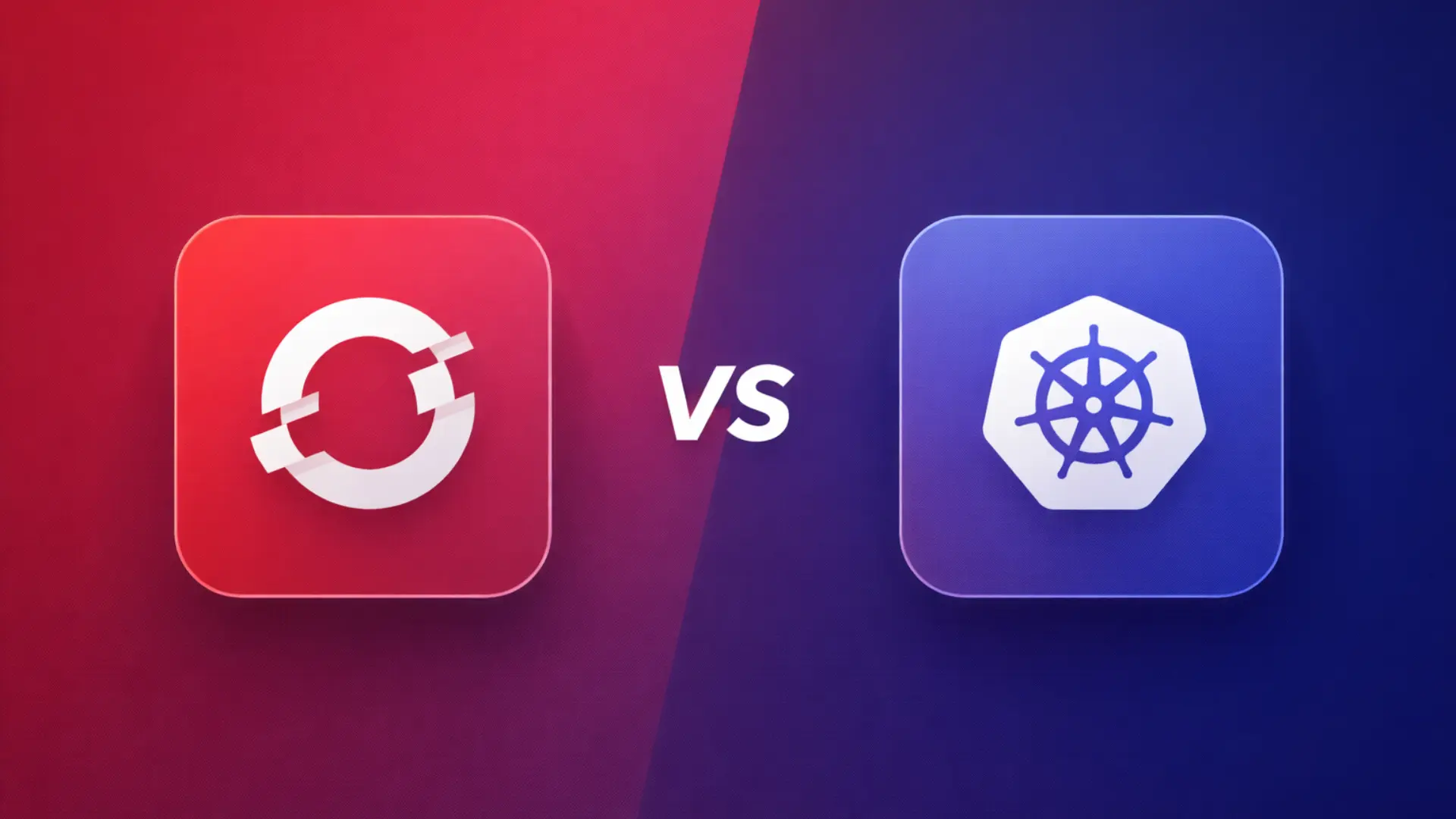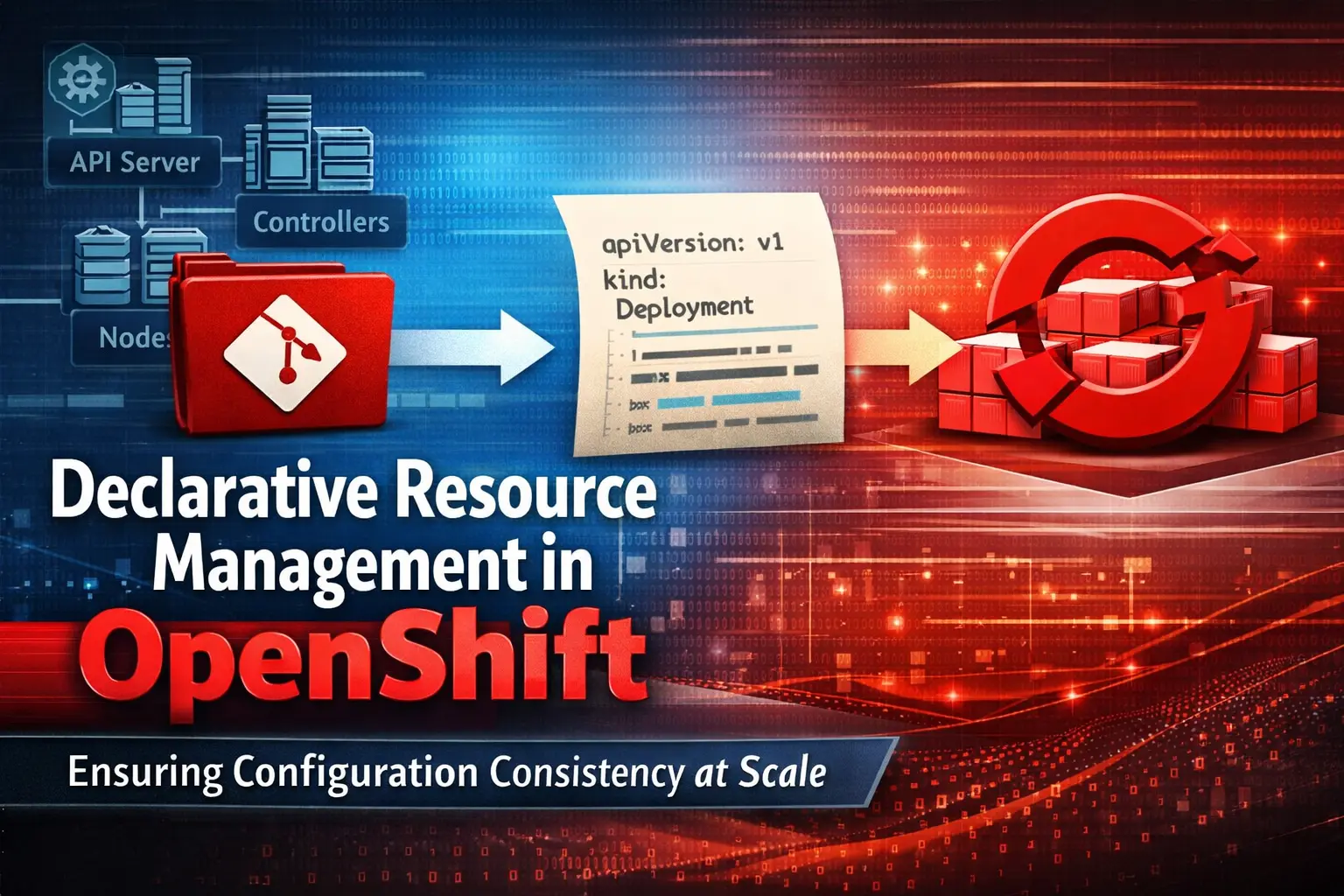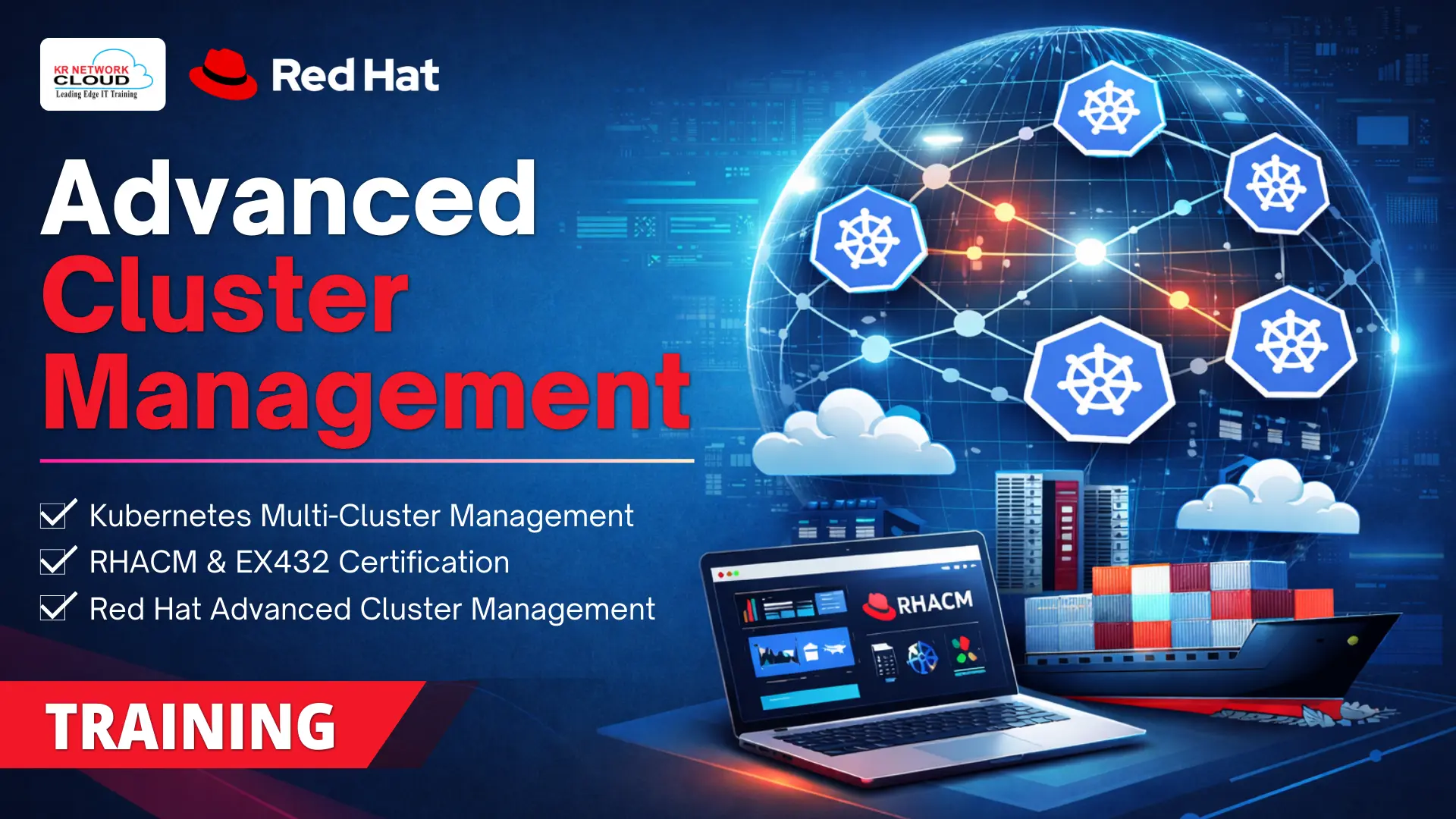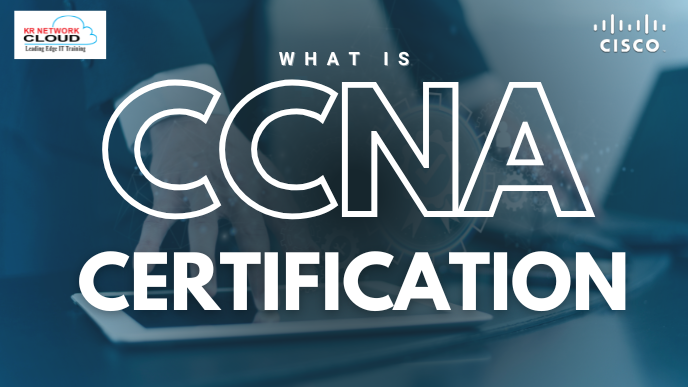What to Expect from a 6 Months Training in 2025

- KR NETWORK CLOUD
- April 16, 2025
In today’s fast-evolving job market, a 6 months training program can be a game-changer for anyone looking to upskill or pivot their career. Whether you’re a fresh graduate, a working professional, or someone exploring new opportunities, these intensive programs offer practical knowledge and hands-on experience. But what exactly should you expect from a 6 months training in 2025? Let’s dive into the details, covering the benefits, structure, and key considerations to help you make an informed decision.
Why Choose a 6 Months Training Program?
A 6 months training strikes a perfect balance between depth and duration. Unlike shorter courses, it allows enough time to master complex skills, while being shorter than a traditional degree. Here’s why it’s worth considering:
Career-Focused Learning: These programs are designed to align with industry demands, focusing on skills like cloud computing, data science, or cybersecurity.
Hands-On Experience: Expect real-world projects and simulations that mimic workplace challenges.
Quick Skill Acquisition: In just six months, you can gain expertise that makes you job-ready.
Flexibility: Many programs offer online, hybrid, or in-person options to suit your schedule.
For instance, organizations like KR Network Cloud provide structured 6 months training programs that emphasize practical learning and industry relevance, ensuring participants are equipped for the tech-driven job market.
What Skills Can You Learn in 6 Months?
The scope of a 6 months training in 2025 is vast, covering trending fields offered by KR Network Cloud. Depending on your interests, you can expect to explore:
1. Cloud Computing
Cloud platforms like AWS, Azure, and Google Cloud are in high demand. A training program will teach you to manage cloud infrastructure, deploy applications, and ensure security.
2. Data Science and Analytics
Learn to analyze data, create visualizations, and use tools like Python, R, or Tableau. These skills are critical for roles in business intelligence and data analysis.
3. Cybersecurity
With cyber threats on the rise, training in ethical hacking, network security, and threat detection is highly valuable.
KR Network Cloud offers 6 months training in these domains, ensuring you gain both theoretical knowledge and practical expertise.
What to Expect from the Training Structure
A well-designed 6 month training program is structured to maximize learning. Here’s a typical breakdown:
Months 1-2: Foundational Learning
Introduction to core concepts and tools.
Lectures, tutorials, and beginner-level projects.
Example: Learning Linux basics for cloud computing.
Months 3-4: Intermediate Skills
Hands-on projects and case studies.
Collaboration on team-based assignments.
Example: Building a web application using React.
Months 5-6: Advanced Training and Certification Prep
Real-world simulations and capstone projects.
Preparation for industry-recognized certifications like AWS Certified Solutions Architect or CompTIA Security+.
Job placement assistance or internship opportunities.
This phased approach ensures you progress from beginner to proficient, ready to tackle professional challenges.
Benefits of a 6 Month Training in 2025
Enrolling in a 6 months training offers numerous advantages:
Industry-Relevant Skills: Programs are updated to reflect 2025’s tech trends, such as AI automation and quantum computing basics.
Networking Opportunities: Connect with instructors, peers, and industry professionals.
Certification: Many programs offer certifications that boost your resume.
Job Readiness: Gain the confidence to apply for roles like cloud engineer, data analyst, or software developer.
Key Considerations Before Enrolling
Before committing to a 6 month training, keep these factors in mind:
Program Reputation: Research the provider’s track record. KR Network Cloud, for instance, is known for its quality training in IT and cloud technologies.
Cost vs. Value: Compare fees with the skills and certifications offered.
Time Commitment: Ensure you can dedicate time to coursework and projects.
Mode of Learning: Choose between online, in-person, or hybrid based on your preference.
Career Goals: Align the training with your long-term aspirations.
How to Maximize Your 6 Month Training Experience
To get the most out of your 6 months training, follow these tips:
Stay Consistent: Attend classes regularly and complete assignments on time.
Engage Actively: Ask questions, participate in discussions, and seek feedback.
Build a Portfolio: Document your projects to showcase your skills to employers.
Network: Connect with peers and instructors for future opportunities.
Practice Daily: Apply what you learn through side projects or open-source contributions.

What things is KR Network Cloud Training Institute offering this Summer for Engineering Students?
| Course Name | Description | Are you Eligible? | Duration | Key Skills Covered |
|---|---|---|---|---|
| Red Hat Linux (RHCSA) | Learn system administration, configuration, and management of Red Hat Enterprise Linux systems. | B.Tech, BCA, MCA, B.Sc/M.Sc (CS/IT) | 6 Weeks / 6 Months | Linux commands, file systems, user management |
| AWS Cloud Computing | Master cloud deployment, AWS services (EC2, S3, Lambda), and cloud architecture. | B.Tech, MCA, M.Tech, IT students | 6 Weeks / 6 Months | Cloud infrastructure, scalability, AWS tools |
| Cybersecurity | Gain skills in ethical hacking, network security, and vulnerability assessment. | B.Tech (CS/IT), BCA, MCA | 6 Weeks / 6 Months | Penetration testing, firewalls, security protocols |
| Python Programming | Covers basics to advanced Python, including automation, data analysis, and scripting. | B.Tech, BCA, B.Sc/M.Sc (CS/IT) | 6 Weeks / 6 Months | Coding, data structures, libraries (NumPy, Pandas) |
| DevOps | Learn tools like Docker, Kubernetes, Jenkins, and CI/CD pipelines for software development. | B.Tech (3rd/4th year), MCA, M.Tech | 6 Weeks / 6 Months | Automation, containerization, deployment |
| CCNA (Cisco Networking) | Understand networking fundamentals, routing, switching, and Cisco device configuration. | B.Tech, BCA, IT students | 6 Weeks / 6 Months | Network protocols, IP addressing, Cisco IOS |
| Data Science | Explore data analysis, visualization, and machine learning using Python tools. | B.Tech (CS/IT), MCA, B.Sc/M.Sc (CS/IT) | 6 Weeks / 6 Months | Statistics, Matplotlib, Seaborn, ML basics |
| Docker and Kubernetes | Focus on container orchestration, cluster management, and secure Kubernetes deployment. | B.Tech (CS/IT), MCA, M.Tech | 6 Weeks / 6 Months | Pods, services, network policies |
Conclusion
A 6 months training in 2025 is an excellent way to fast-track your career in high-demand fields like cloud computing, data science, or cybersecurity. With a structured curriculum, hands-on projects, and industry-relevant skills, these programs prepare you for the future of work. By choosing a reputable provider like KR Network Cloud and staying committed, you can unlock exciting opportunities in just six months. Ready to take the leap? Research your options and start your journey today!
Watch the free tutorial:https://www.youtube.com/watch?v=Bdbiq1N1zVE
FAQs (Your Frequently Asked Questions)
1. What is the duration of the 6 months training at KR Network Cloud?
The 6 months training programs are structured to span six months, with a phased approach covering foundational learning, intermediate skills, and advanced training, including certification preparation.
2. Who can enroll in the 6 month training programs?
These programs are designed for beginners, fresh graduates, and working professionals. No prior experience is required, as KR Network Cloud starts with foundational concepts before advancing.
3. What skills will I learn in the cloud computing training?
In the 6 month training for cloud computing, you’ll learn to manage cloud infrastructure, deploy applications, and ensure security on platforms like AWS, Azure, and Google Cloud.
4. What does the data science training cover?
The data science 6 months training equips you to analyze data, create visualizations, and use tools like Python, R, and Tableau for business intelligence and data analytics roles.
5. What topics are included in the cybersecurity training?
The cybersecurity 6 month training focuses on ethical hacking, network security, and threat detection, preparing you to secure systems against cyber threats.
6. Are the 6 month training programs offered online or in-person?
KR Network Cloud provides flexible options, including online, in-person, and hybrid formats, allowing you to choose the mode that suits your schedule.
7. What certifications can I earn through these programs?
You can prepare for industry-recognized certifications like AWS Certified Solutions Architect, CompTIA Security+, Google Cloud Professional Cloud Architect, and more, depending on the course.
8. Is the 6 month training enough to get a job?
Yes, the 6 month training is designed to make you job-ready with practical skills, hands-on projects, and job placement assistance to help secure roles in cloud computing, data science, or cybersecurity.
9. How does KR Network Cloud support job placement?
KR Network Cloud offers robust job placement support through industry connections, resume-building sessions, and interview preparation to help you land positions in leading companies.
10. Are there hands-on projects in the 6 month training?
Yes, the programs emphasize hands-on learning with real-world projects, such as configuring secure networks or analyzing datasets, to ensure practical experience.







